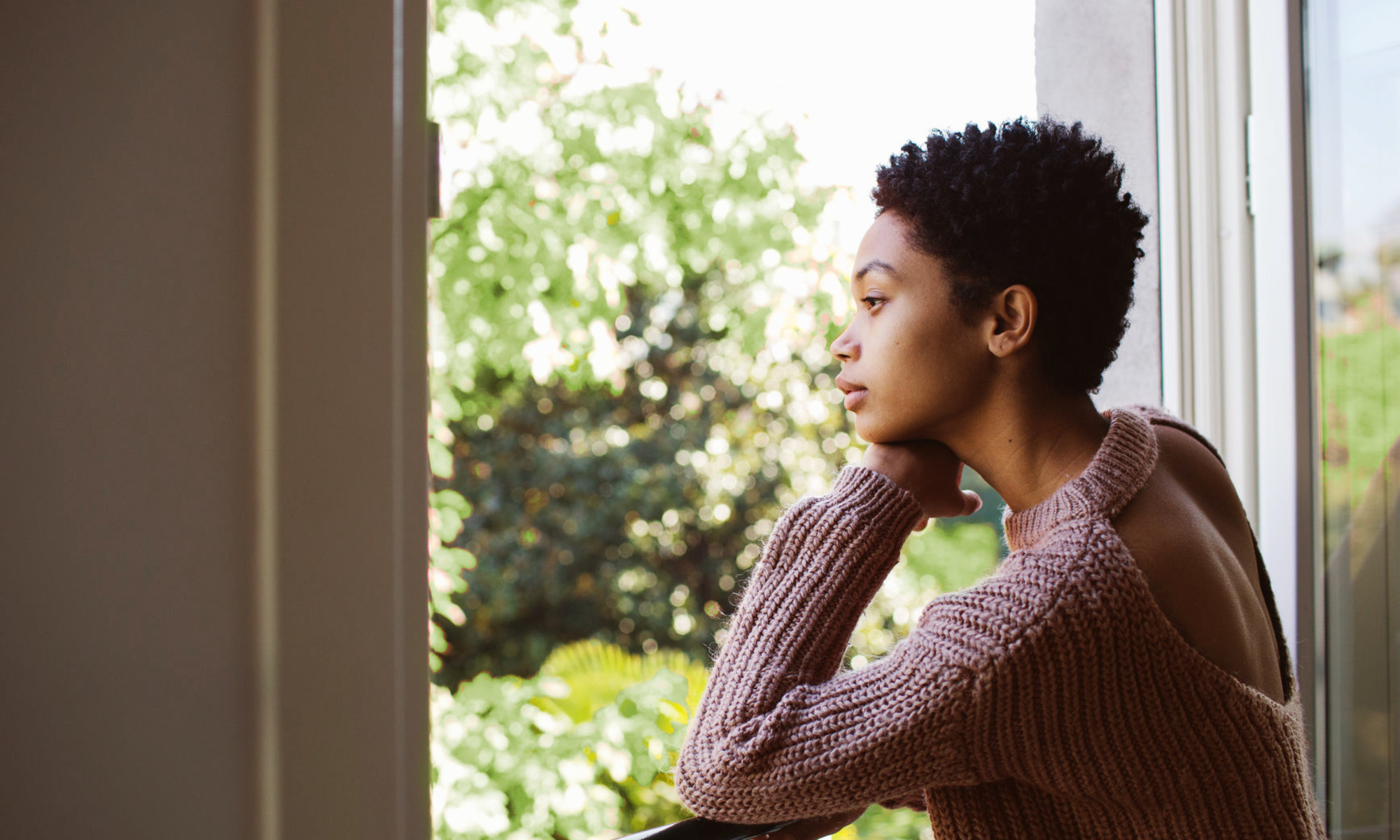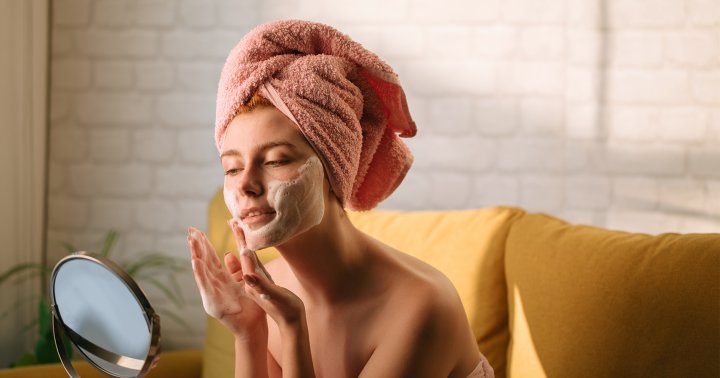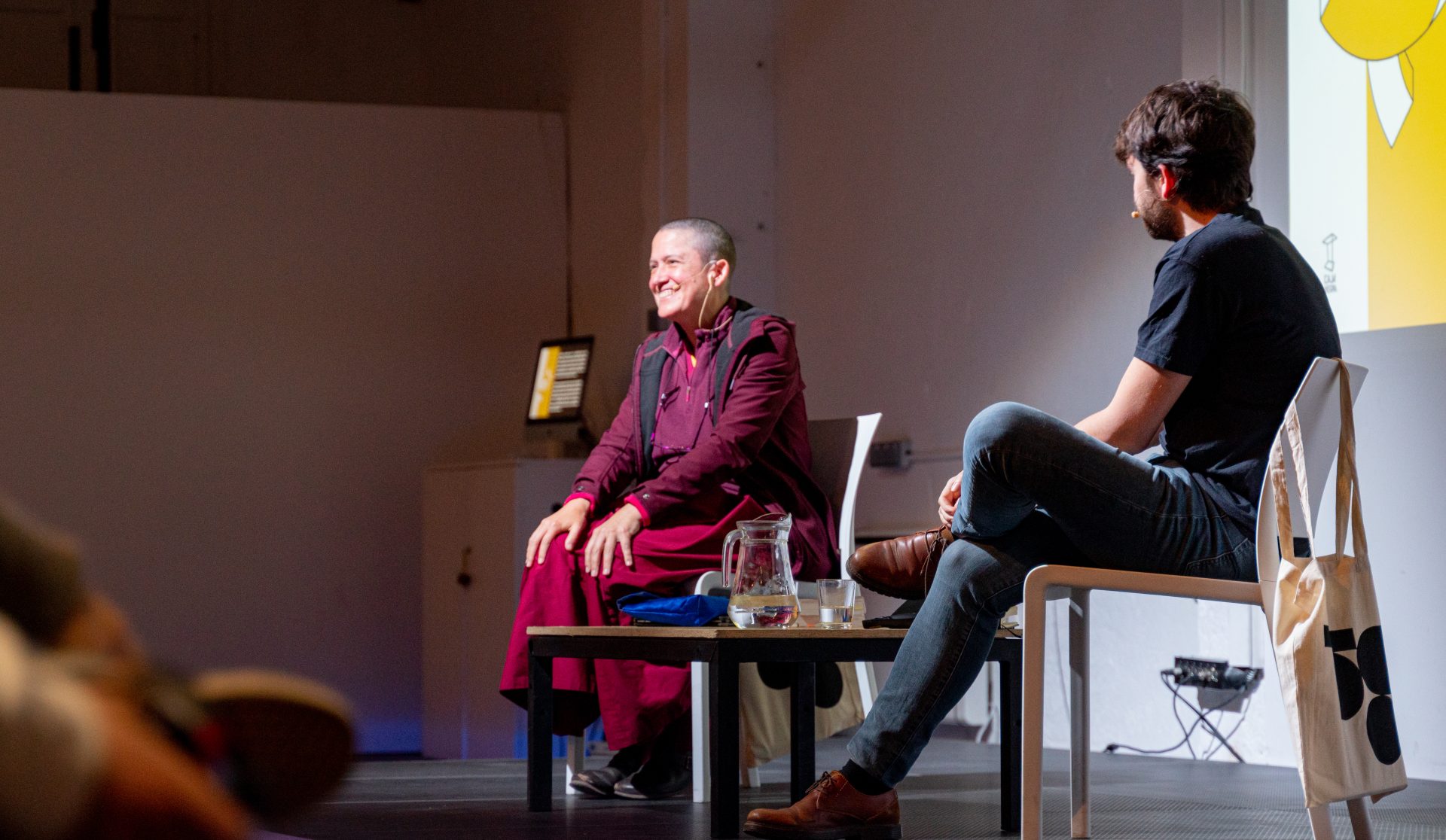What Sleep Experts *Really* Think About Permanent Daylight Saving Time
Here's why sleep specialists want us to stay in the dark.

Image by Michela Ravasio / Stocksy November 11, 2022 Our editors have independently chosen the products listed on this page. If you purchase something mentioned in this article, we may As you may or may not know, there's some ongoing debate about Daylight Saving Time (DST) at the moment—and if you still feel like you're adjusting to "falling back" last week, you'll want to take note. Here's what a sleep expert has to say about the proposed change.
Advertisement
This ad is displayed using third party content and we do not control its accessibility features.
What's happening with Daylight Saving Time?
In case you missed it, the United States Congress is looking to make DST permanent. Daylight saving occurs in March, when we shift the clocks one hour forward, and ends in November, when we switch back to Standard Time, moving the clocks one hour back. If the Sunshine Protection Act of 2021 becomes a law, we won't turn the clocks back an hour come November 2023.
As board-certified sleep specialist Michael J. Breus, Ph.D. tells mbg, "I think the thing to remember here is that no one wants the switching back and forth anymore, but the discussion is about which time should be permanent: Daylight Saving, where it is lighter longer in the evenings, or Standard Time, where it gets lighter earlier."
While it might sound nice to have more daylight in the evenings, here's why sleep specialists actually want us to stay in the dark.
Why sleep specialists disagree with the change.
As Breus tells mbg, the American Academy of Sleep Medicine (AASM) has long suggested that we adopt Standard Time, not Daylight Saving Time.
According to Breus and AASM, permanent DST could lead to lasting negative health effects. Because our bodies are naturally more well-aligned with Standard Time, permanent DST could disrupt our internal clocks, resulting in a permanent sleep phase delay and subsequently, chronic sleep loss. Read: Just because it's lighter at night and darker in the morning doesn't mean we won't have to get up as early for our jobs, school, etc.—but we may feel inclined to stay up later anyway.
"Daylight Saving is not consistent with our internal biological clocks, called your circadian rhythm," Breus says.
There's other evidence that suggests permanent DST could result in perpetual social jet lag, Breus adds, while Standard Time is typically associated with better physical and mental health outcomes.
And according to Shelby Harris, Ph.D., director of sleep health at Sleepopolis and author of Women's Guide to Overcoming Insomnia, "If the Sunshine Protection Act becomes law, people may experience more difficulty waking up in the morning and falling asleep at night—especially awakening in the mornings in the fall and winter."
Namely, she explains, with permanent daylight savings time, "We would have less light in the morning to help wake us up, and more light in the evening making it more difficult to fall asleep," adding there's no question we should stop switching back and forth, and echoing Breus and the AASM that our bodies are more aligned with standard time.
Advertisement
This ad is displayed using third party content and we do not control its accessibility features.
The takeaway.
There are some rumblings that our clocks will permanently move forward an hour, but sleep specialists are saying "not so fast." As we await the proposed change next year, it's important to stay on top of our sleep hygiene and try to maintain a consistent sleep schedule (with or without DST) with the help of a solid nightly routine, healthy light exposure, and maybe a sleep supplement for a little extra support.
Advertisement
This ad is displayed using third party content and we do not control its accessibility features.

 Kass
Kass 
































